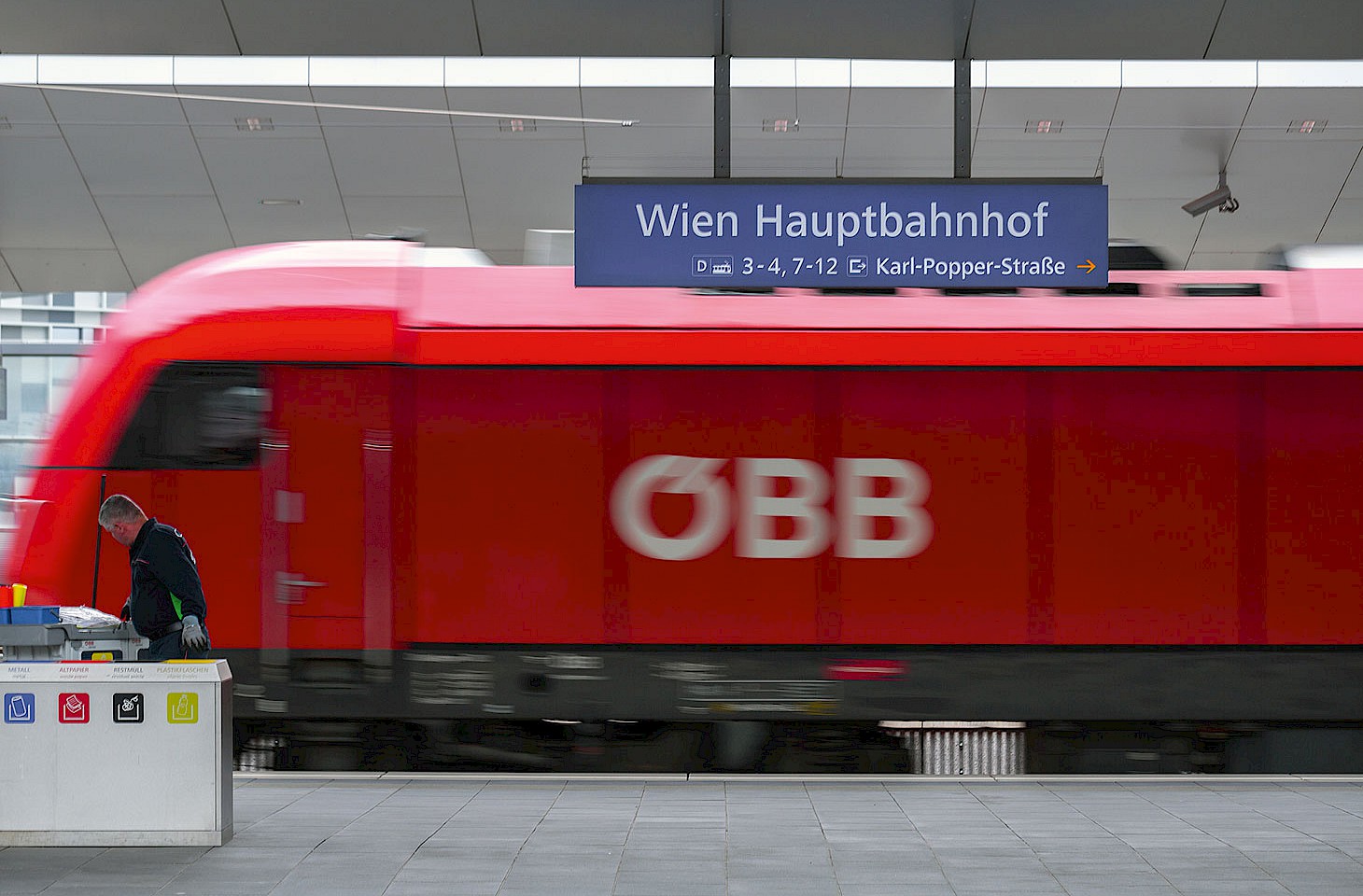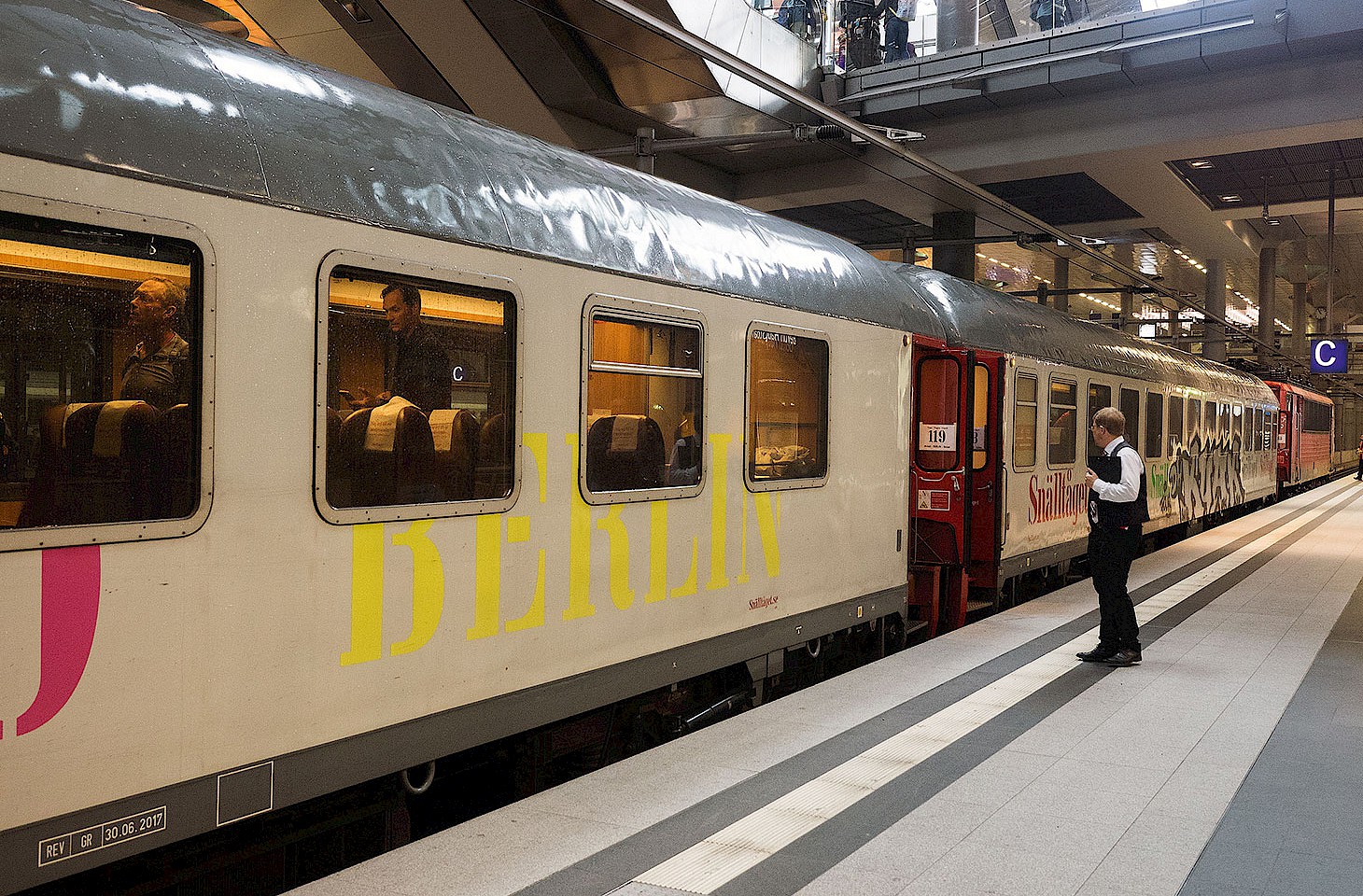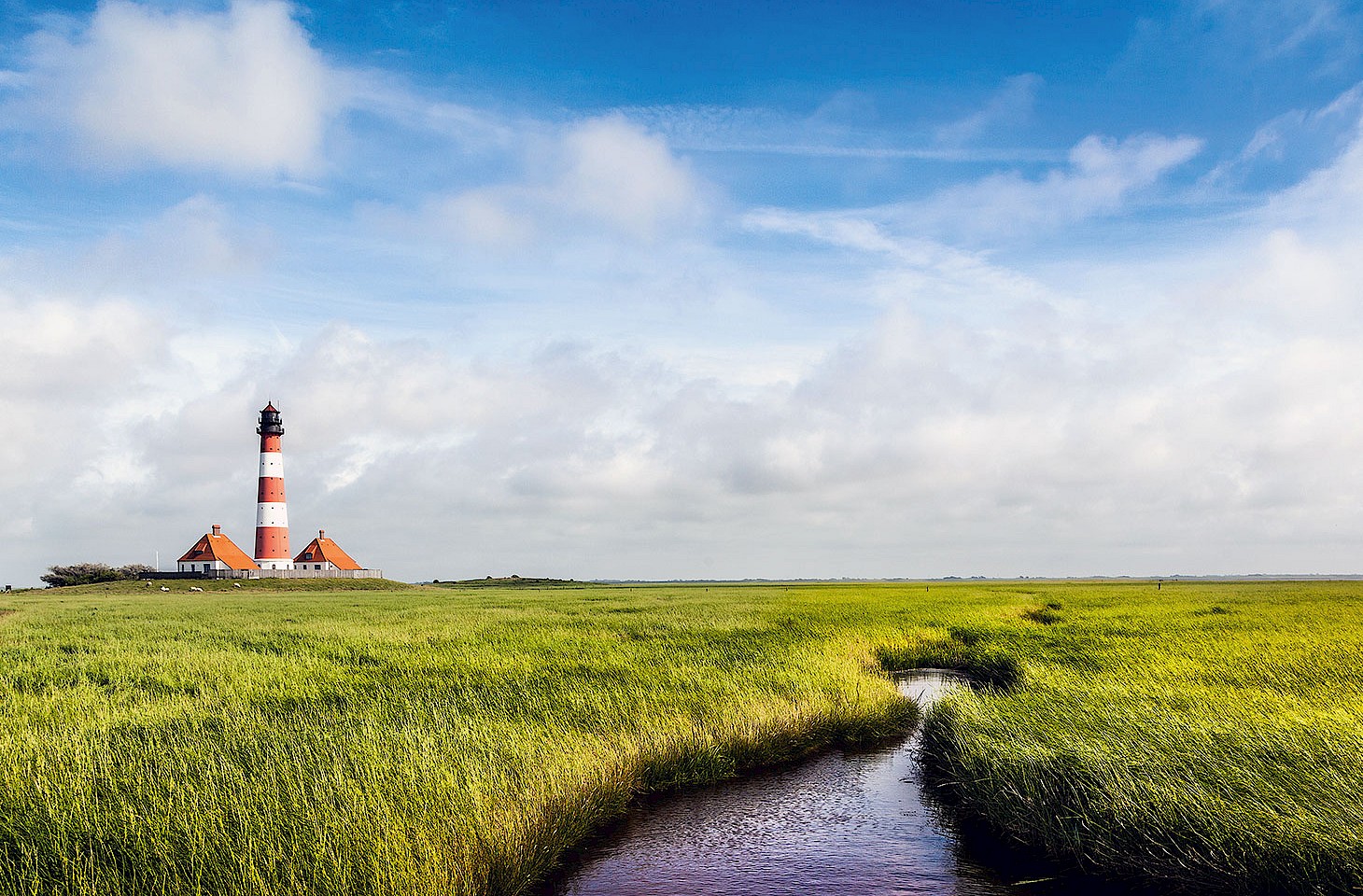Perhaps the smell of pipe tobacco came from old Bennet, the station master. Bennet was a creature of habit and, on a summer evening, after he had tidied up the affairs of the railway, he retired to his allotment garden, just to check that his onion beds were in order. George Bowling, the melancholic narrator of Coming up for Air, reported that old Bennet could get in a terrible rage if there was any hint that kids might have trampled on his onion beds.
No one tramples on Herr Schubert's onion beds. They are well protected by a fierce mesh of wire. And by the eyes of a dozen neighbours, men and women who like to check everything is in order. One German journalist nicely summed up German allotment culture as "the tyranny of intimacy". Old Bennet wouldn't have liked it. Nor would a generation of English allotment gardeners who, on their illdefined plots, grow cabbages and carrots. There is something anarchic about the English allotment, tucked away beside the railway embankment, and tended by someone like Old Bennet - or by a young couple seeking to subvert the power of the major supermarkets. If there is a building at all on the English allotment, it is ramshackle. More likely than not it has a corrugated iron roof, and rainwater is fed into a leaky collection of old buckets.
Herr Schubert's allotment is another world from its ragged English counterpart. It is an appeal to order. It is just like all the other allotment plots in Germany - and there are over a million in all.




